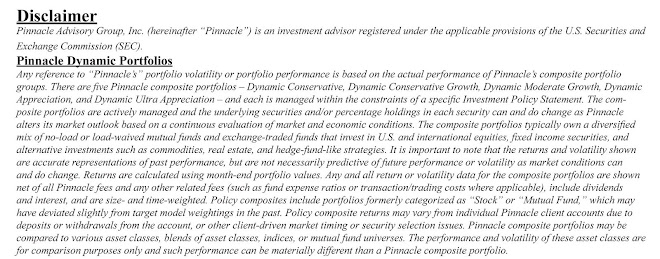In my book, Buy and Hold is Dead (AGAIN), the Case for Active Portfolio Management in Dangerous Markets, I make some intrepid forecasts about the future of the investment industry regarding active or tactical asset allocation. One of my forecasts was that consumers would demand active management as traditional buy and hold, strategic asset allocation strategies failed to deliver expected returns in an ongoing secular bear market. I felt that consumers would demand that the industry change, and that the obvious flaws in the theoretical rationale for buy and hold investing would compel professional advisors to consider a major change in how they approached portfolio construction. Well…perhaps this is going to take a little longer than I thought.
As I was reading the Washington Post Business Section last weekend I came across an article from Kiplinger Personal Finance called, “Knowing financial advisor’s motives, expertise can pay dividends.” The writer, Bob Frick, a senior editor for Kiplinger, did a fine job of discussing the importance of knowing an advisors goals, fees, holistic approach, etc. However, one question he wants prospective clients to ask is, “Do you time the market?” He goes on to say, “By asking an advisor about her investment strategy and how it changes with developments in the markets, you’ll discover whether she’s a closet market timer. Watch out for an adviser who says, for example, that she thought foreign stocks were getting pricey so she shifted client’s money from overseas shares to commodities.”
I love Bob, and anyone else married to the same old tired assumptions about market timing. For the record, there is no more professional and risk reducing strategy that I can think of than to sell overpriced securities in favor of, presumably, more rationally valued asset classes. In this case, holding on to “pricey” foreign stocks is virtually guaranteed to generate less than expected returns for the asset class in the future. A better question for prospective clients to ask is, “how do you determine if an asset class is overvalued and what do you do about it terms of portfolio construction?” Unfortunately, in order for the question to be asked, the financial media has to stop promoting this drivel about market timing. While it’s clear to me from speaking around the country that the professional investment industry is getting very interested in how and why they should actively manage the asset classes in their client portfolios, I think the press is still stuck in the dark ages. That’s too bad for the average consumer, and too bad for financial advisors who are waiting for their clients to revolt before they make the change from passive to active asset allocation.

